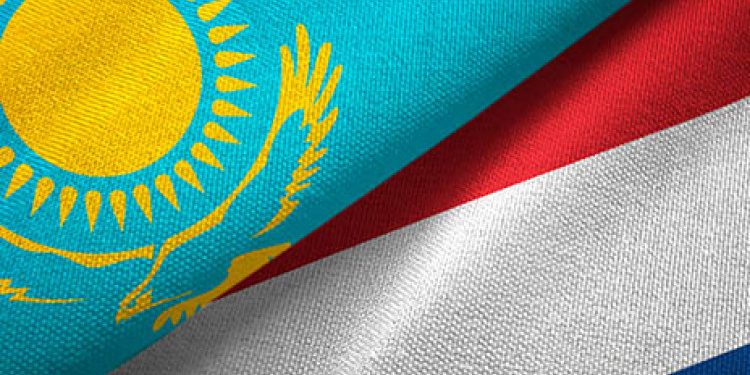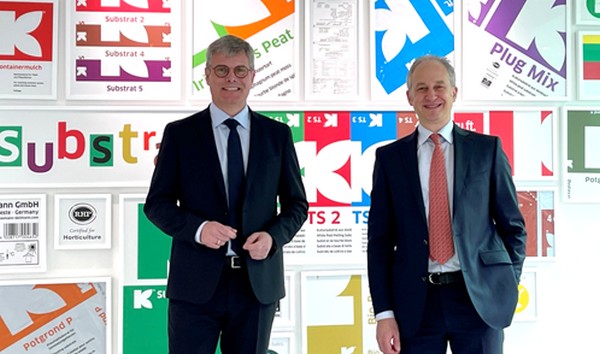Kazakhstan, the largest country in Central Asia, has vast potential for agricultural production due to its strategic location between Europe and Asia and the availability of cheap gas resources for energy generation. Meanwhile, the Netherlands, the world’s second-largest exporter of agricultural products, is known for its advanced greenhouse technologies and innovative farming practices. The two countries can join forces to develop the greenhouse sector in Kazakhstan, focusing on environmentally-friendly production, and increase food production for both domestic and international markets.
According to the data presented at the exhibition in Almaty, the Netherlands is the largest exporter of agricultural products and food in the European Union and the second-largest in the world after the United States. Moreover, about 90% of the world’s glass greenhouses are produced in the Netherlands. Therefore, it is no surprise that most exhibitors at the Almaty exhibition were suppliers of greenhouse equipment and seeds from the Netherlands.
Over the past 30 years, Dutch direct investment in the Kazakh economy amounted to $110 billion, with advanced greenhouse technologies being one of the most significant areas of investment. The mayor of Westland, a municipality in the Netherlands, who was a guest of honor at the exhibition, pointed out that Kazakhstan is in a strategically advantageous position between Russia and China and has a growing demand for fresh fruits and vegetables. He suggested that Kazakhstan could play a leading role in the production and supply chain.
However, the first step for Kazakhstan would be to satisfy its domestic demand for food. Currently, Kazakhstan imports a significant portion of its food, including fruits and vegetables. Nevertheless, the mayor of Westland noted that he visited several Kazakhstani greenhouses in the Almaty and Aktobe regions and saw that Dutch products and know-how were being widely used. He emphasized that Dutch greenhouses are not just made of glass, but also include climate control and irrigation technologies, as well as plant protection measures. Thus, they are highly competitive, durable, and long-lasting.
Kazakhstan and the Netherlands can collaborate to boost agricultural production, focusing on environmentally-friendly practices and meeting domestic demand first before exporting to other markets. Dutch greenhouse technologies and know-how can be utilized to develop the Kazakhstani greenhouse sector and increase food production. This collaboration has the potential to benefit both countries and contribute to sustainable agriculture in the region.












